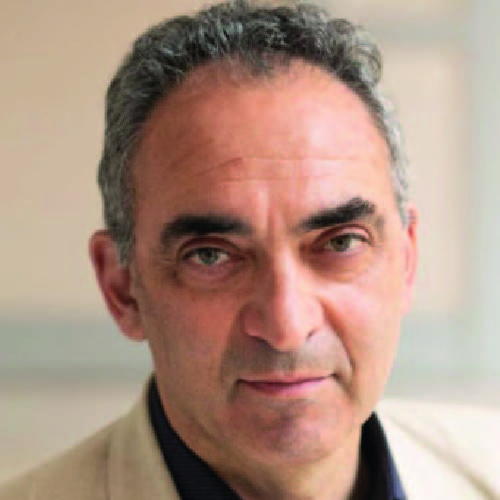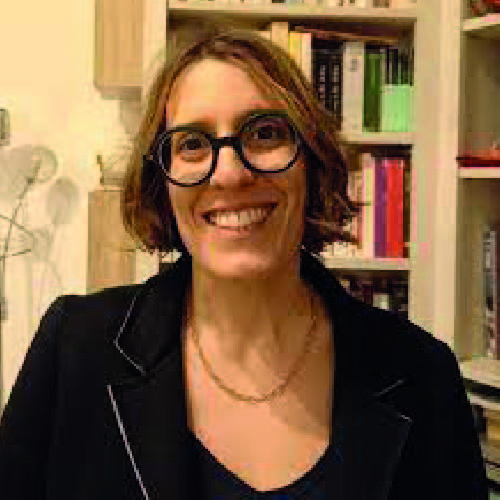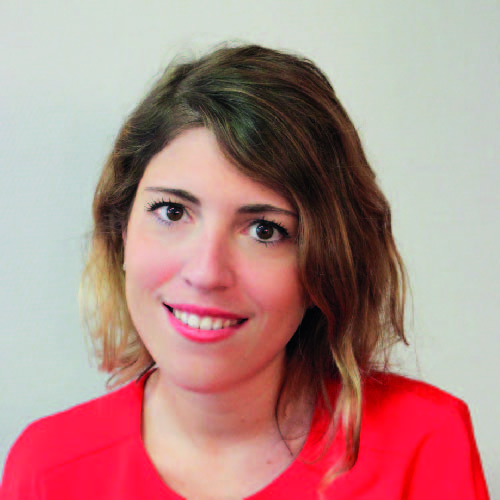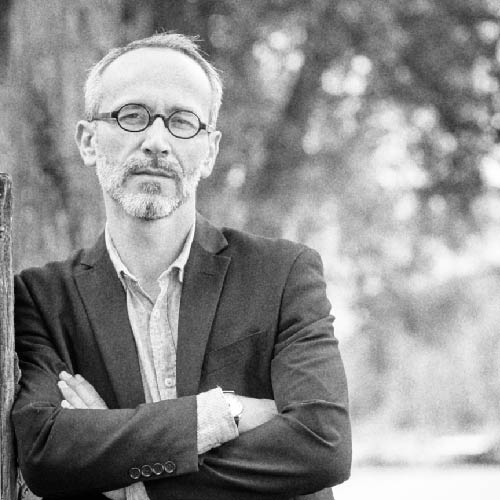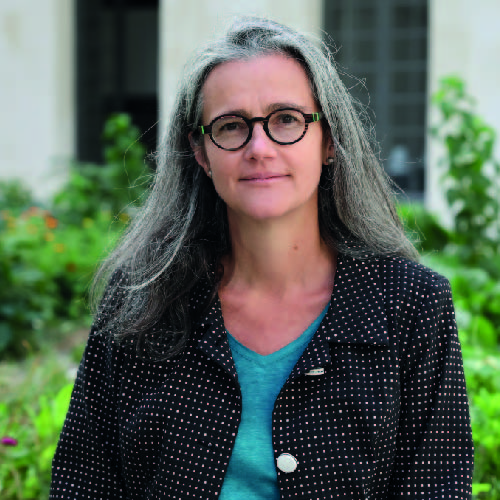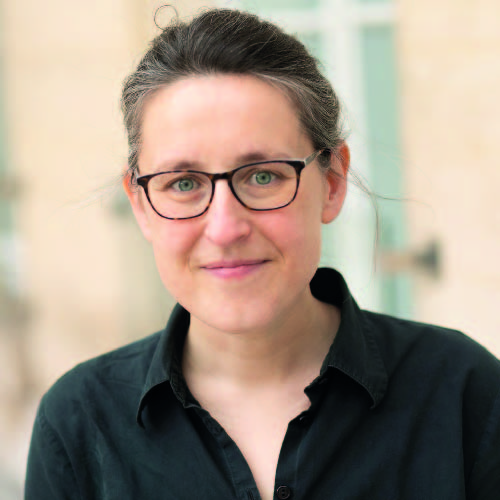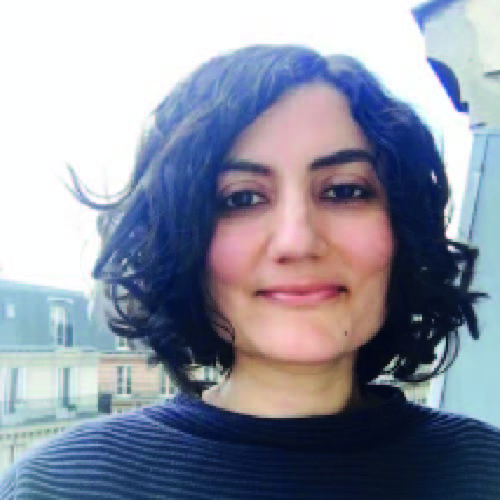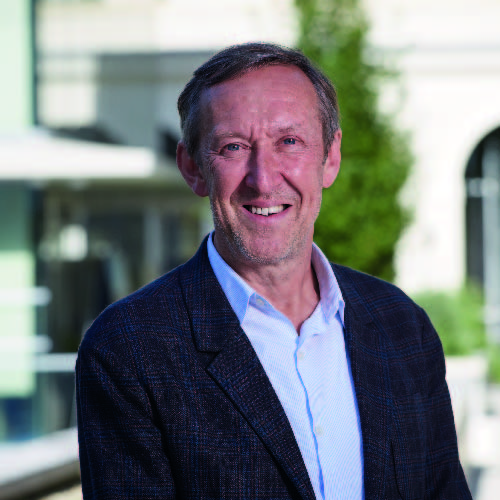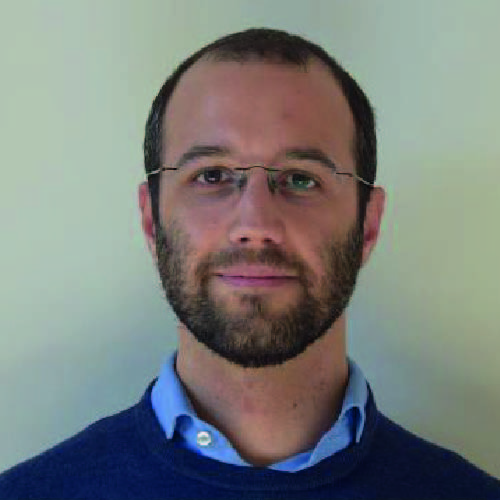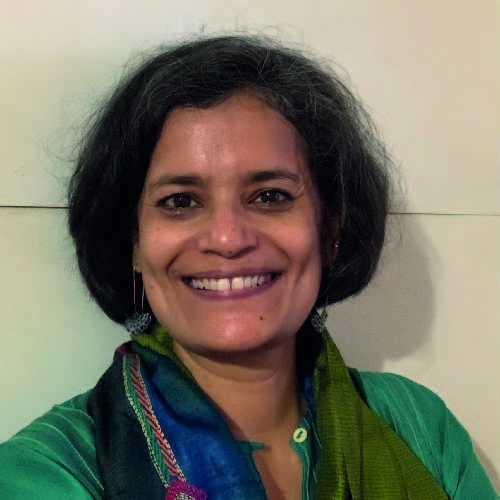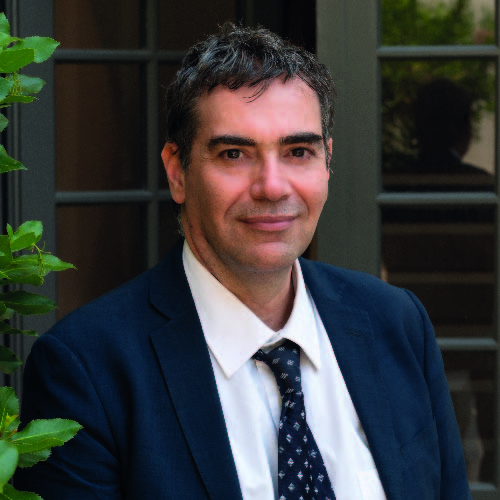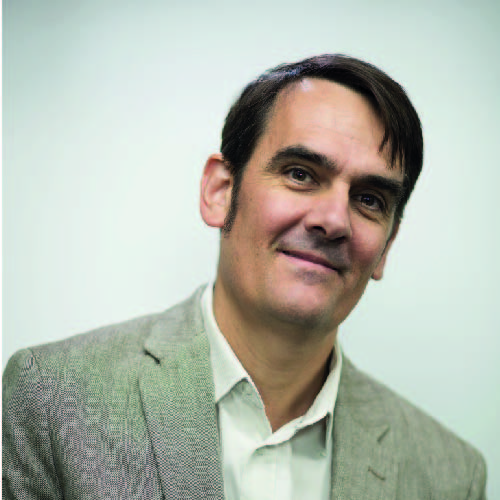AESOP 2024 ANNUAL CONGRESS | SPECIAL SESSIONS
36th AESOP Annual Congress 2024 Paris, France
“GAME CHANGER? Planning for just and sustainable urban regions”
Can intelligence be sustainable? A discussion on how and why cities transform through artificial intelligence and their associated technologies
Organizers :
- Eva Kassens-Noor, Technical University of Darmstadt, Michigan State University
- Meng Cai, Technical University of Darmstadt, Michigan State University
Speakers:
- Eva Kassens-Noor, Technical University of Darmstadt, Michigan State University
- Mark Wilson, Michigan State University
- Liang Zhao, Kyoto University
- Stefano Di Vita, Politecnico di Milano
- Ruishan Chen, Shanghai Jiao Tong University
- Meng Cai, Technical University of Darmstadt, Michigan State University
-
Niklas Suhre, Technical University of Darmstadt
-
Travis Decaminada,
University of Pennsylvania -
Cornelius “Kip” Darcy, The University of Olivet
Technology has long been hailed as the savior of humanity’s greatest challenges, even though its implementation has a mixed track record of finding solutions just to create new and sometimes more severe problems. Regardless, cities are not only the fastest adopters of new technologies, but also the greatest emitters of greenhouse gases, breeders of social inequalities, and economic growth engines. Implementing artificial intelligence (AI) has become a popular strategy for governments to transform their cities by attracting investments, providing smart city services, raising their cities’ international profile, and redeveloping decayed city structures. In the pursuit of this transformation, investments for local needs have shifted, and sometimes quality of life has been unequally redistributed. From smart city technologies to digital twins and autonomous transit, many innovations, especially AI, are already reshaping the landscape of urban planning. Despite a century-long tradition of using technology to solve urban problems, there is no sufficient empirical evidence or comprehensive theory to explain why and how cities across the globe transform through AI and their associated technologies and whether that transformation actually creates more sustainable cities. This session aims to stimulate discussion on this topic, which helps us better understand the dynamic between AI and cities and their evolving relationships.
Keywords: Artificial intelligence, smart city, urban sustainability, technology advancement
LOC
The Local Organising Committee
